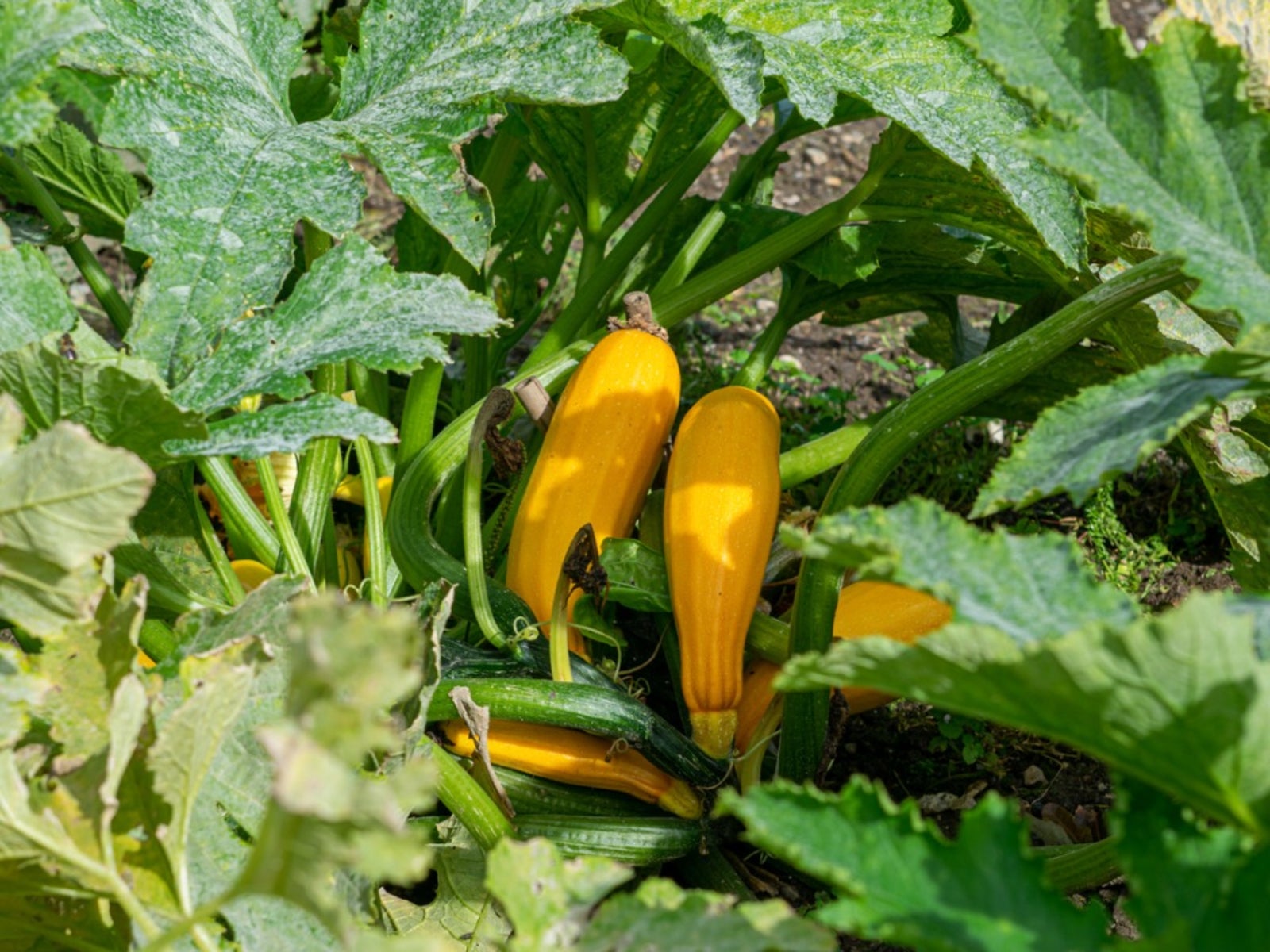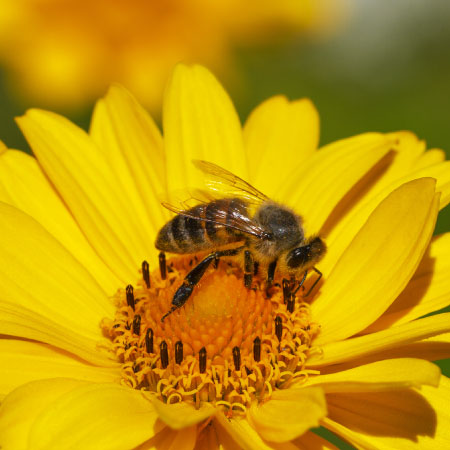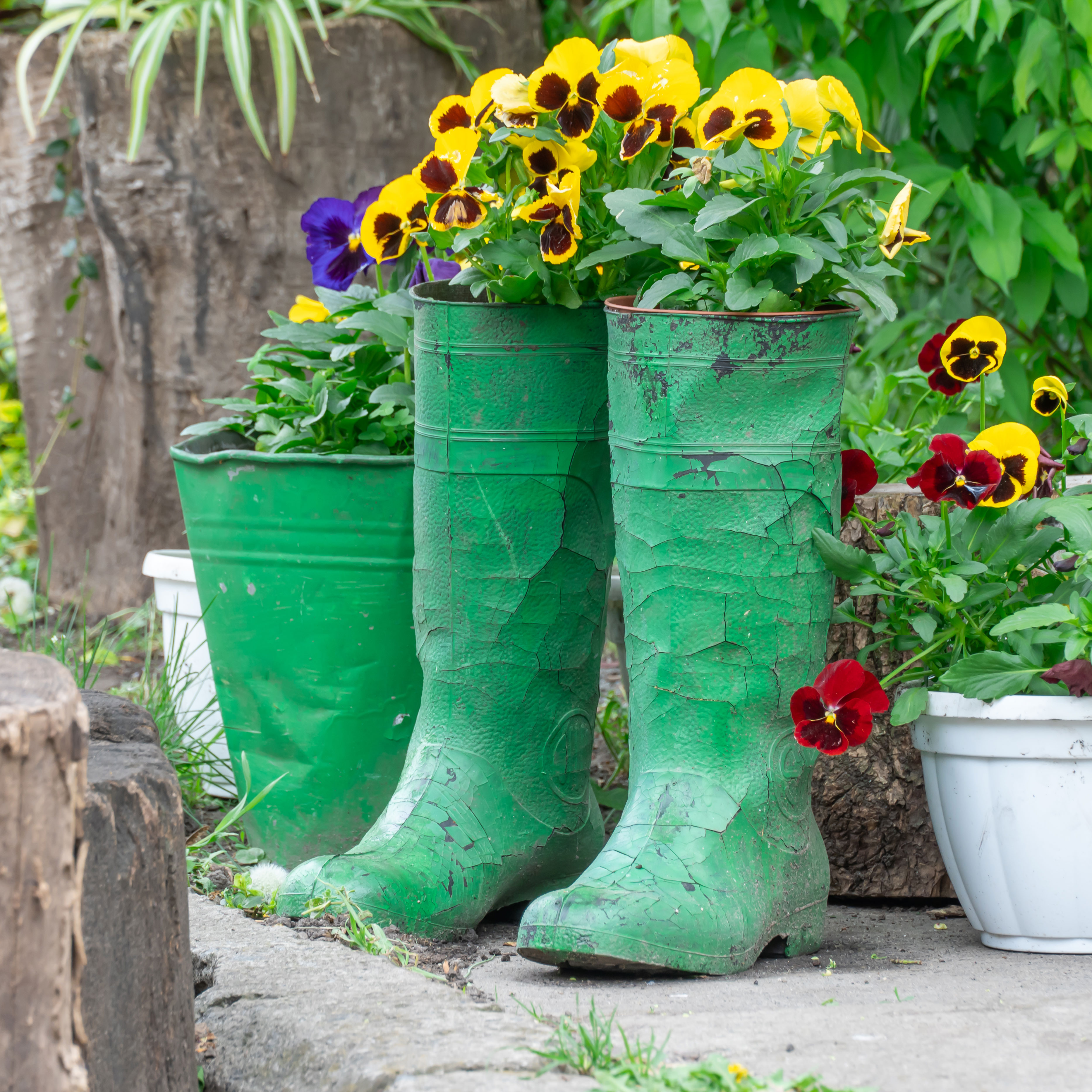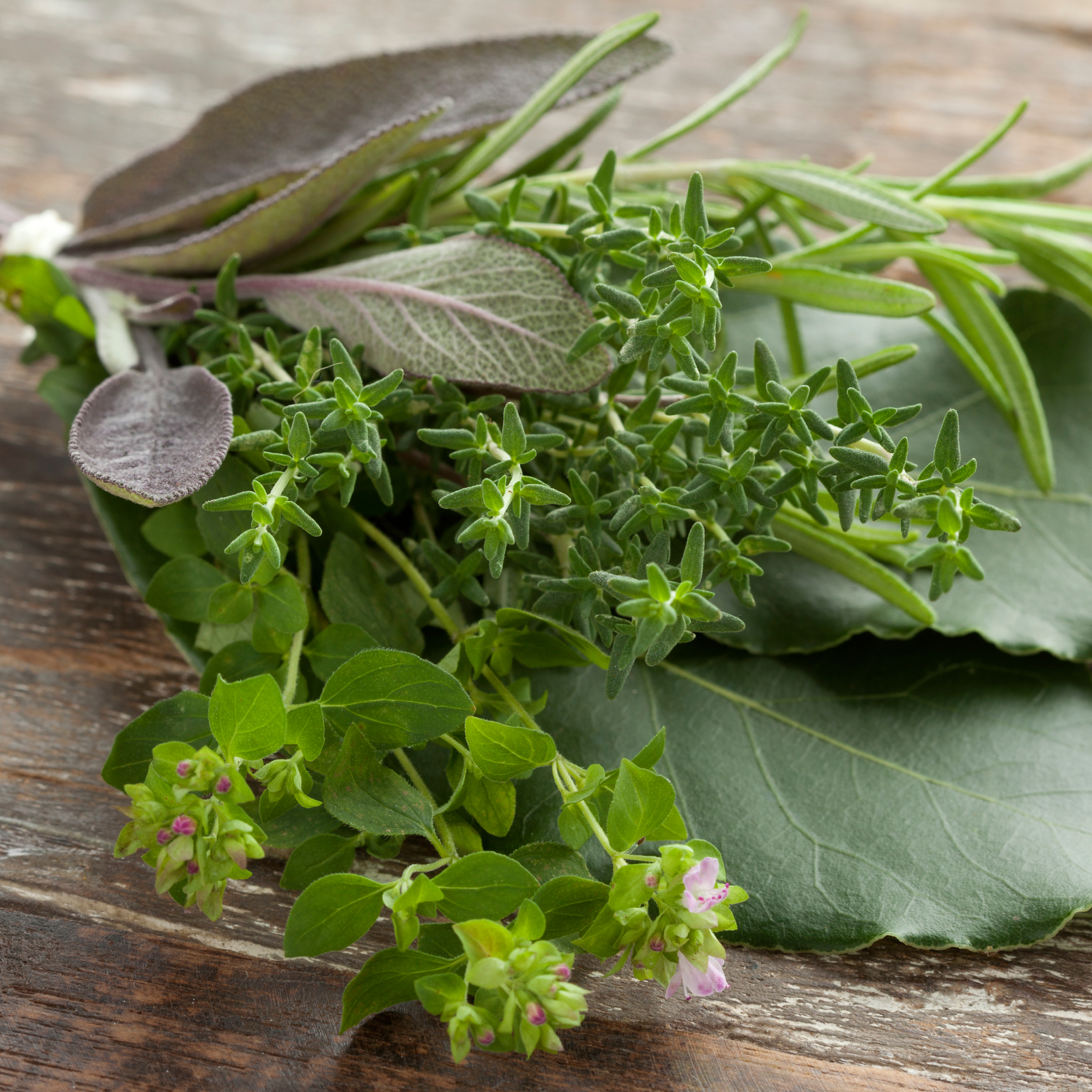Hollowed Out Squash: What Causes Hollow Squash


Hollow squash appears healthy until you harvest the fruit and cut it open to find a hollow center. Several factors can cause this condition, which is called hollow heart disease. Most are easy to correct, and with a few adjustments you'll soon be growing perfect squash.
What Causes Hollow Squash?
When squash fruit is hollow, it may be the result of inadequate fertilization of the flowers. On hot, dry days, the interior parts of the flower may dry out, leading to poor pollination. Most often, poor pollination comes from a scarcity of pollinating insects. It takes several hundred grains of pollen to completely fertilize a female flower so that it can form fruit that is well-filled out in the center. Each flower must receive eight to twelve visits from bees to accomplish this level of fertilization. If you suspect that the bees aren't doing their job, try pollinating the flowers yourself. Male and female flowers look alike, but if you look under the petals where they attach to the stem you will see the difference. Male flowers are attached by a thin neck, while females have a swollen area under the flower. Pick a male flower and remove the petals to expose the pollen-filled anthers. Dab the anthers inside a female flower to deliver the pollen. Repeat every two or three days for best results. Uneven moisture levels and too much fertilizer may cause hollowed out squash. Both of these problems cause the fruit to grow unevenly and in spurts, and the development of the interior of the fruit may not keep up with the outer tissue. Try to keep the soil evenly moist. A layer of mulch helps control the moisture by preventing rapid evaporation on hot, sunny days. Soil deficient in boron can result in hollow heart disease. Use a fertilizer that contains micronutrients to correct the deficiency, but be careful not to over fertilize. Some squash problems are the result of poor quality seeds. Gardeners who save their own seeds must make sure they are growing open pollinating or heirloom varieties. It's best to grow only one type of squash when you plan to save seeds. When there is more than one type of squash in the garden, they can cross pollinate, and the results are often disappointing. Now that you know the reasons for hollowed out squash fruits, you have the means of correcting one of the most common growing squash problems.
Gardening tips, videos, info and more delivered right to your inbox!
Sign up for the Gardening Know How newsletter today and receive a free copy of our e-book "How to Grow Delicious Tomatoes".

Jackie Carroll has written over 500 articles for Gardening Know How on a wide range of topics.
-
 Creative Ideas For Plant Containers: 7 Ways To Save Money And Add Charm To A Garden
Creative Ideas For Plant Containers: 7 Ways To Save Money And Add Charm To A GardenIf you are looking for great ways to add personality to your container gardening – and even save yourself some money – then try these creative ideas for plant containers
By Mary Ellen Ellis
-
 How To Make A Bouquet Garni Or Herb Bundle For Cooking
How To Make A Bouquet Garni Or Herb Bundle For CookingIf you’re a great cook, you may have made an herb bundle before. If this is a new idea, learn how to add sparkle and interest to your dish with a bouquet garni.
By Amy Grant